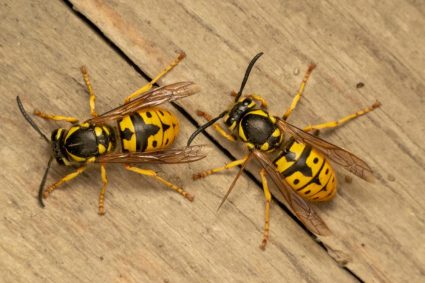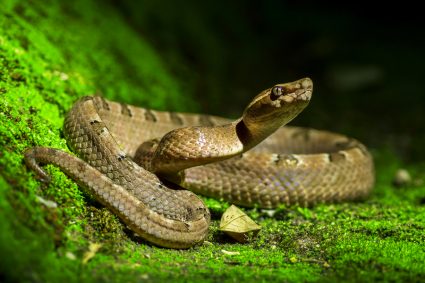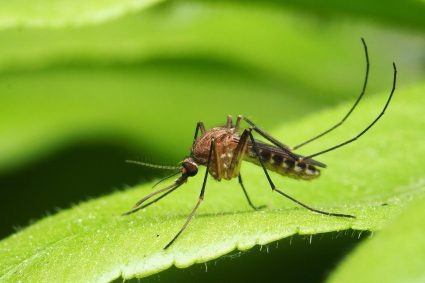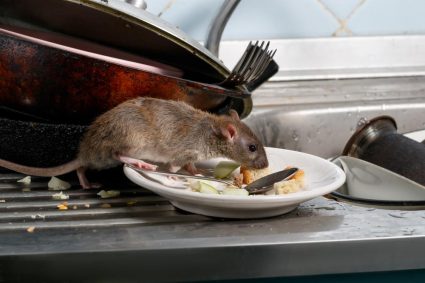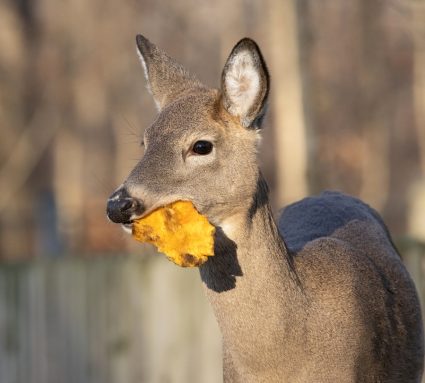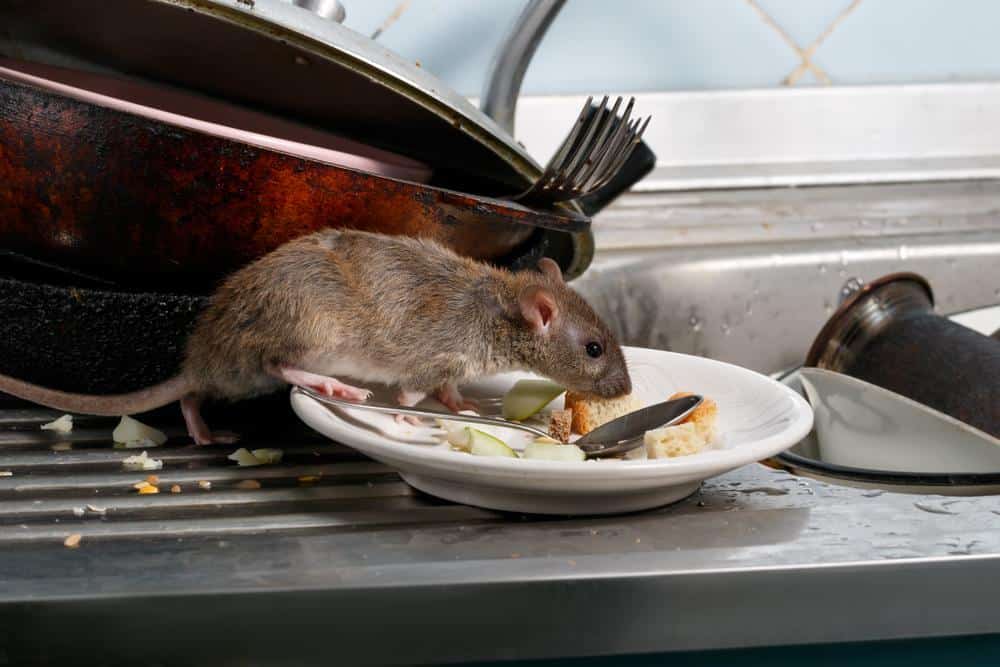
Keeping chipmunks out of your garden can seem like a daunting task. These cute, but pesky creatures enjoy a smorgasbord of seeds, fruits, vegetables, and even flowers in your garden. However, with the right knowledge and strategies, you can protect your garden from these small rodents. In this comprehensive guide, we’ll explore various techniques to deter chipmunks and maintain a healthy, thriving garden.
To keep chipmunks out of your garden, consider installing a fence with a mesh size of 1/4 inch or smaller, use natural deterrents like hot cayenne, garlic, apple cider, peppermint, or coffee grounds, plant natural repellents such as daffodils, marigolds, and garlic, and maintain a clean yard by removing potential food sources and hiding places. You can also use repellent sprays or live traps if necessary. Regularly monitor your garden for signs of chipmunk activity and reapply deterrents and repellents as needed.
Identifying Chipmunks in Your Garden
Before implementing chipmunk deterrent strategies, it’s essential to identify signs of their presence. Here are a few signs to watch out for:
- Chipmunk holes: These entrances to their underground tunnel systems are typically one to two inches in diameter.
- Chipmunk burrows: Extensive burrow systems can span up to 30 feet wide and three feet deep.
- Declining plant health: Watch out for uprooted plants or plants that appear to be nibbled on.
- Chipmunk tracks: Look for distinct gallop patterns in loose soil around your garden.
- Chipmunk sounds: A high-pitched chirping noise is a telltale sign of chipmunk activity.
- Chipmunk droppings: Small, rice-like droppings can indicate chipmunks are frequenting your garden.
Effective and Humane Deterrent Strategies
When it comes to keeping chipmunks out of your garden, there are several effective and humane methods to consider:
Install Fencing
One of the most effective ways to keep chipmunks out of your garden is to install fencing. Use hardware cloth or chicken wire with a mesh size of 1/4 inch or smaller to create a barrier around your garden. Bury the fence at least 6 inches deep and extend it at least 2 feet above ground level to prevent chipmunks from digging under or jumping over it.
Use Natural Deterrents
Natural deterrents like hot cayenne, garlic, apple cider, peppermint, or coffee grounds can effectively keep chipmunks away. Sprinkle these around your plants and gardens. Reapply after rain or watering.
Plant Natural Repellents
Certain plants, such as daffodils, marigolds, alliums, garlic, peppermint, chives, echinacea, and lavender, are known to repel chipmunks. Plant these around your garden to create a natural barrier.
Remove Food Sources
Clean up any fallen fruit, nuts, or seeds in your yard, and keep bird feeders away from your garden. This can significantly reduce the attraction for chipmunks.
Use Repellent Sprays
A mixture of water, cayenne pepper, and liquid soap sprayed on your plants can deter chipmunks. Remember to reapply the mixture after rain or watering.
Trap and Release
If chipmunks continue to be a problem, consider using live traps to catch and relocate them to another area. Be sure to release them at least five miles away from your home to prevent them from returning.
Maintain a Tidy Yard
Remove potential hiding places for chipmunks, such as piles of rocks, wood, or debris, and keep your garden free of weeds and tall grasses.
Common Mistakes to Avoid
While trying to keep chipmunks out of their garden, homeowners often make some common mistakes. Here’s what to avoid:
- Inadequate fencing: Ensure your fence is high and deep enough to prevent chipmunks from climbing over or digging under it.
- Continuous planting: Avoid providing a covered corridor for chipmunks to access your garden by planting trees, shrubs, or ground cover in a continuous pattern.
- Not sealing entry points: Seal holes and cracks in your home’s foundation and around gas lines, cables, and air conditioning lines.
- Relying solely on repellents: Repellents need to be reapplied frequently. Combine them with other strategies for better results.
- Not modifying the habitat: Remove yard debris, woodpiles, and brush that could serve as denning sites for chipmunks.
- Not addressing food sources: Keep bird feeders off the ground and clean up fallen seeds.
Long-Term Maintenance
To ensure the long-term effectiveness of your chipmunk deterrent strategies:
- Regularly reapply natural deterrents and repellents, especially after rainfall.
- Monitor your garden for signs of chipmunk activity and take immediate action if needed.
- Keep your yard clean of debris and potential chipmunk food sources.
Remember, the goal is to coexist with nature without letting it overrun your garden. With these strategies, you can maintain a beautiful, thriving garden free from the havoc of chipmunks.
Frequently Asked Questions
What other natural deterrents can I use to keep chipmunks away?
Besides the ones mentioned in the article, other natural deterrents include mothballs, vinegar, and essential oils like eucalyptus or citronella. However, always remember to use these in moderation as some can be harmful to other wildlife or pets if used excessively.
Can chipmunks cause damage to my house?
Yes, chipmunks can potentially damage your home. They are known to chew on wooden structures and can burrow under patios, stairs, or foundations, causing them to weaken or collapse.
Are there any commercial repellents that I can use against chipmunks?
Yes, there are commercial repellents available that are specifically designed to deter chipmunks. These often contain ingredients like castor oil, predator urine, or hot peppers. Always follow the instructions on the label for safe and effective use.
Are chipmunks dangerous to humans or pets?
Generally, chipmunks are not dangerous to humans or pets. However, like any wild animal, they may bite if cornered or threatened. It’s also worth noting that chipmunks can carry diseases like Lyme disease, which can be transmitted to humans and pets through ticks.
How can I repair the damage caused by chipmunks in my garden?
To repair chipmunk damage, start by filling in any burrows or holes with dirt or gravel. Plant new seeds or plants if needed, and consider installing a fence or using deterrents to prevent future damage. If the damage is extensive, you may want to consult with a professional landscaper.

